Whether they are served up in soups, form the base of a salad or are wrapped up in a fresh gỏi cuốn, they are a staple enjoyed in Saigon and everywhere else in the country morning, noon and night.
However,
to anyone new to the country, the sheer quantity and variety can be pretty
overwhelming. To help ease the passage for the budding expat or bemused
tourist, here’s a list of the different Vietnamese noodles and the dishes for
which they are commonly used.
Arguably,
the two main types of noodles eaten by the Vietnamese are bánh phở and bún. Both
are made from rice flour and are available dried or fresh.
Bánh Phở
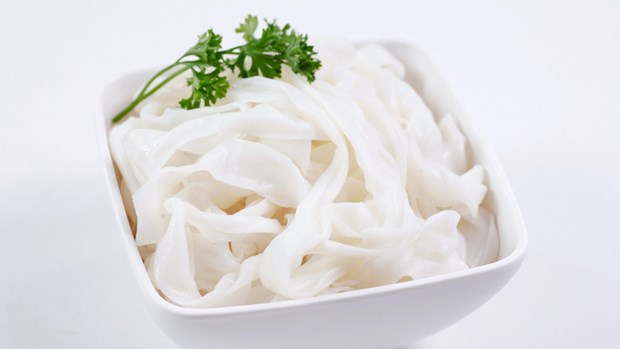
Banh Pho. Source: phongphufood.com
These
flat rice noodles can come in a variety of widths: the thinnest form the base
of the country’s national dish, phở;
the larger forms can also be used for dishes involving pan frying or
stir-frying.
Phở is a hot noodle soup made with a
beef broth, slices of rare beef and/or brisket, herbs and bánh phở. The broth is prepared over several days, giving it a
depth of flavor like no other soup you can find. A popular, yet lighter
variation of this dish is made with chicken rather than beef and is called phở gà.
These
noodles are filling and are meant to be enjoyed as a full meal rather than as a
snack.
Bún
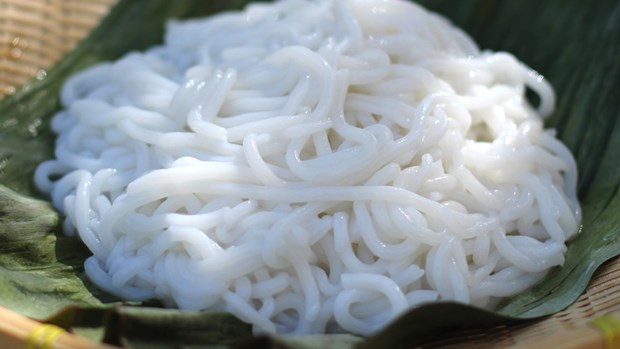
Bun (source: youtube.com)
These
are a type of rice vermicelli noodle, which are thin, round and wonderfully
versatile.
The
smaller and lighter bún variety are
used as one of the fillings in gỏi cuốn
– fresh spring rolls. To make these tasty midday snacks you roll up a few cold
noodles with thin slices of pork, lettuce and a couple of prawns in a soft rice
paper sheet. They are often served with a warm peanut sauce.
The
larger and thicker forms of bún are
used in hot and filling soups, such as the spicy and flavourful bún bò Huế soup – from the central
region of Vietnam. The broth of this hearty dish is made with beef bones,
fermented shrimp paste a fiery chili oil. It’s then accompanied with large
chunks of meat, which the noodles wrap themselves around, creating a perfect
texture partnership.
Vietnam’s
love for noodles doesn’t stop there, though. There are plenty more types to
choose from.
Some
differ in ingredient – whether it’s egg and wheat, tapioca flour or mung bean –
while others differ in size.
A FEW FAVOURITES
INCLUDE:
Bánh Hỏi
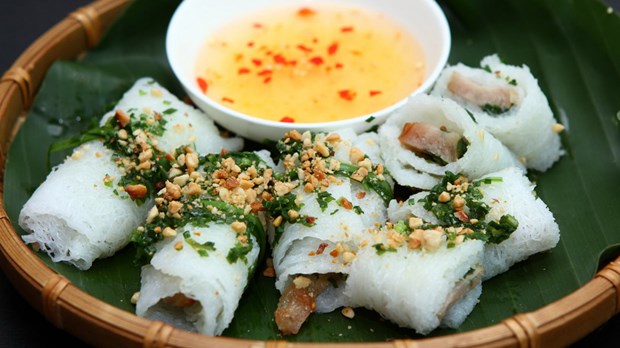
Banh Hoi (source: restaurants-in-vietnam.com)
Bánh hỏi are another type of rice
vermicelli noodle but are ultra-thin and woven into bundles. They are usually
steamed and served alongside rich foods such as pork or beef, and topped with a
drizzle of spring onion oil.
Bánh Canh
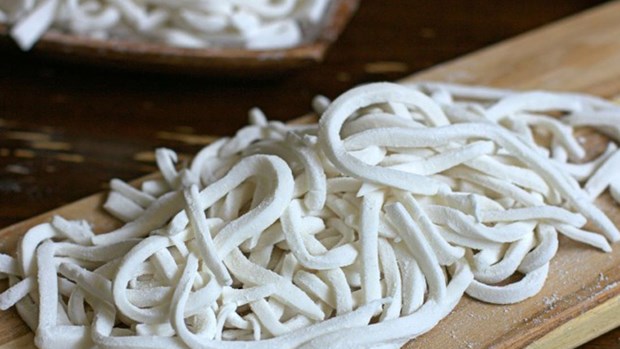
Banh Canh (source: Youvivu.com)
From
the ultra-thin, to the uber huge. Bánh
canh are very thick noodles made from a mixture of tapioca and rice flour.
These
are similar in appearance and texture to Japanese udon noodles – big, soft and
slightly chewy.
One
Vietnamese dish made with bánh canh is bánh canh cua – a rich, crab-based
broth, packed with fresh crab meat, a crab meat ball, slices of pork, a quail’s
egg, congealed blood and a juicy prawn.
Mì
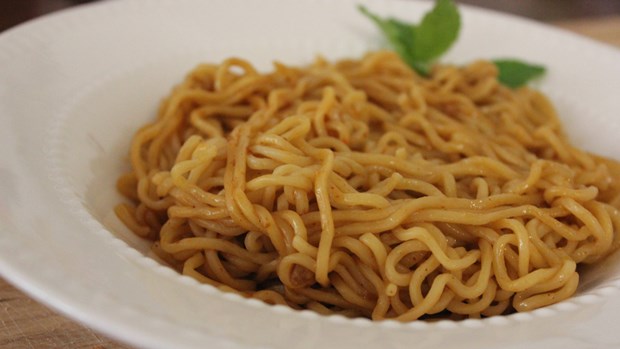
Mi (source: pinterest.com)
This
refers to egg or wheat noodles, which are thin and yellow in appearance. They
can be fried, stir-fried or used in soups, such as the Chinese-inspired wonton
soup. This is made with a light, meaty broth, thin slices of pork, wontons and
spring onion.
Mì
should not be confused with mì quảng,
however, which is a dish made using rice noodles that have instead been dyed
yellow with turmeric.
Mì quảng is a popular meal enjoyed for
lunch and is usually topped with Vietnamese sesame rice crackers, fried
shallots and peanuts.
Miến
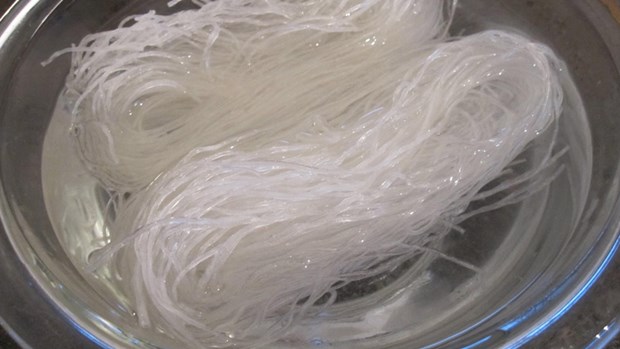
Miến (source: reddeerfoodie.wordpress.com)
Miến are very thin and slippery glass
noodles, made from mung beans.
They
have a slightly chewy and almost elastic texture, which can make them rather
difficult to eat with chopsticks, but don’t let that deter you.
One
meal eaten all throughout the day in Vietnam is called miến gà. This soup is not dissimilar from phở gà, only the broth is lighter and is served with the miến noodles rather than bánh phở. It is served with boiled
chicken, fresh herbs, leaves and a sweet chili dipping sauce.
By Vietnamese
Food Lover